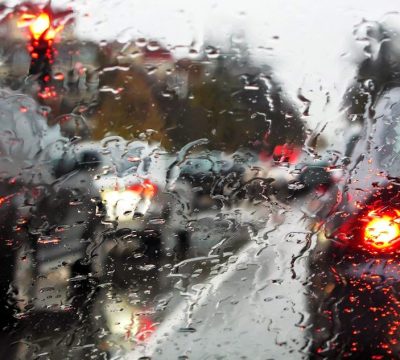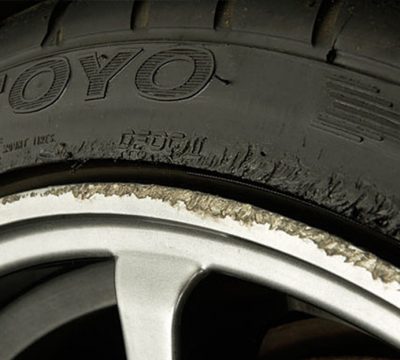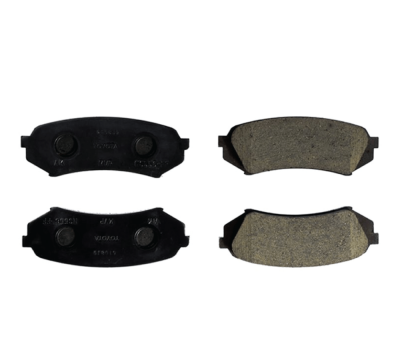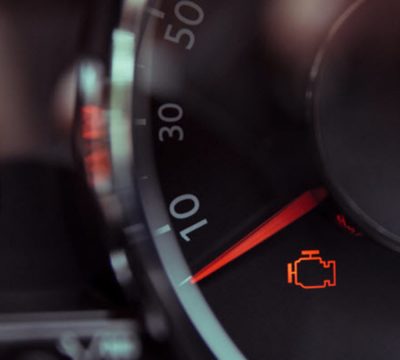Five (5) top causes of drastic increase in car fuel consumption.
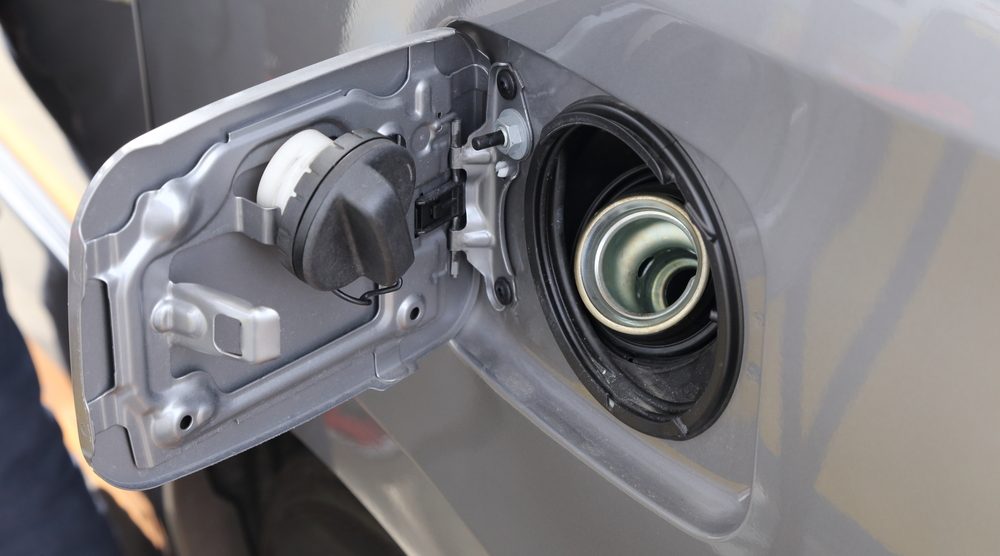
Drivers and car owners who always keep track of mileage and how often they have to fill up (fuel) always gain valuable insights into the car’s condition at any given time. This is due to the fact that the car always finds a way to communicate to the driver if there are any issues (mechanical) that require the driver’s attention. The fuel consumption to mileage ratio is one way the car communicates to the driver, for instance if there is a drastic increase in the amount of fuel required to cover the same journey, the driver will notice and seek remedy. It is always advisable to consult an expert at this stage.
Reasons for increase in vehicle fuel consumption vary, but the major ones are the one we will cover in this article.
1. Old Oil & Wrong Oil types.
Changing your oil at regular, manufacturer-recommended intervals can help you lower your fuel consumption. If you’ve noticed that your fuel efficiency is declining, and you also haven’t changed your oil in the recent past, old oil may be a culprit.
2. Faulty oxygen sensors, air filters, spark plugs, and fuel injectors
These four parts of your vehicle seem to be unrelated to your fuel mileage, but they can seriously impact your fuel consumption. If you notice that your fuel usage has gone up in recent months, make sure that these parts are clean and working correctly.
3. Under Inflated Tires
Even if your tire pressure indicator isn’t beaming brightly, your tires may be under-inflated, and that could cause a decrease in fuel efficiency.
If you notice that your tires look visibly under-inflated, you are already well past the time when you should have filled up your tires. Poorly inflated tires decrease traction and increase the number of times that your tires have to rotate in order to move the same amount of distance. It’s important to fill your tires to the recommended psi as over-inflation and under-inflation can negatively influence your fuel consumption.
4. Air Conditioning
On really hot days, using the air conditioning can put a lot of strain on your engine and hurt your fuel efficiency. To alleviate this problem, crack a window until your car’s internal temperature is at or lower than the exterior temp. Keep in mind, however, that it’s better to keep the windows closed when you’re driving at highway speeds because it reduces the amount of drag on your vehicle.
5. Using the Wrong Gear
If your car has manual transmission (stick shift), make sure to use the appropriate gear. If you’re pulling heavy loads, you should use a lower gear, so your engine doesn’t have to work harder than it needs to. Similarly, make sure to use a higher gear when traveling at faster speeds. The long and short is this: listen to your engine. If it sounds like it is overworking or underworking, you are probably wasting gas.
After some introspection on the above, one can’t help but notice that routine checks and servicing is the solution to all the above. While it is advisable to have a proffessional look at the car from time to time, one can easily be caught up in the hustle and bustle of life and neglect routine car maintenance, that is why we at Daks Toyota always send reminders to our customers whenever the manufacturer-recommended intervals for service are due.



